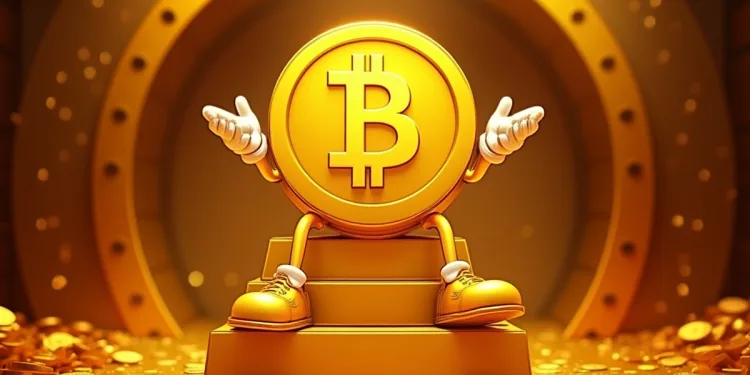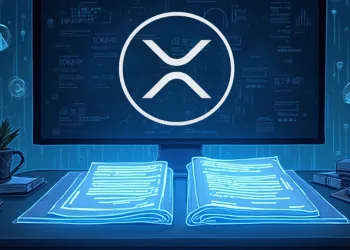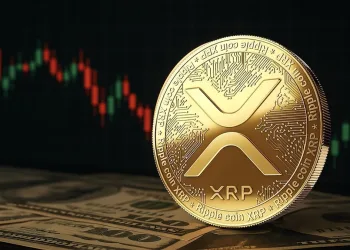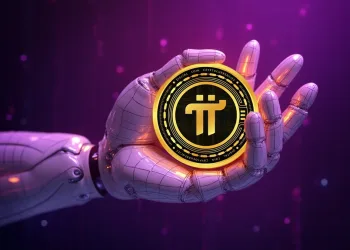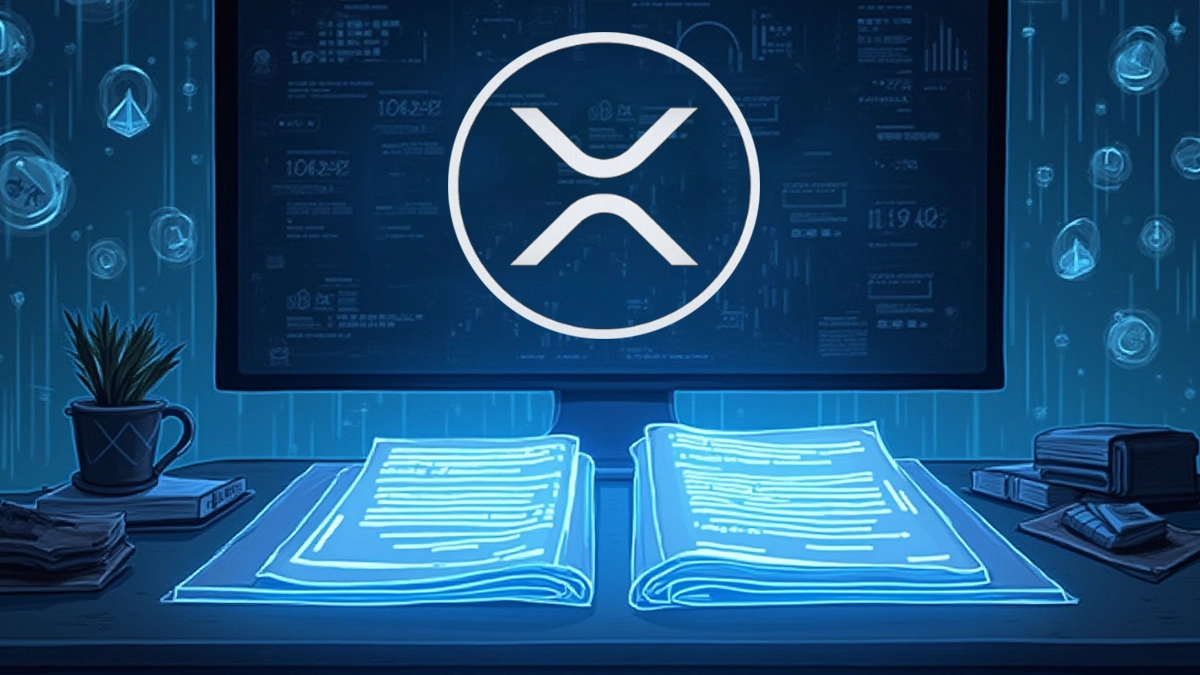- El Salvador’s Bitcoin holdings now exceed $762M after BTC surged past $122,000.
- Bukele’s long-term Bitcoin accumulation strategy is finally yielding strong returns.
- Despite IMF and U.S. pressure, El Salvador doubles down on its sovereign crypto path.
El Salvador’s controversial Bitcoin strategy is paying off in a big way. With Bitcoin’s latest surge past $122,000, the country’s digital asset reserve has reached its highest-ever valuation. As of Sunday, El Salvador’s Strategic Bitcoin Reserve is worth more than $762 million, marking a significant milestone in the country’s crypto experiment.
President Nayib Bukele’s bold move to adopt Bitcoin as legal tender in 2021 is now yielding sizable returns, despite years of criticism from international financial institutions and foreign governments.
Bold Bet Turning Profitable
El Salvador currently holds over 6,237 BTC, according to data from Arkham Intelligence. The holdings have appreciated significantly, driven by Bitcoin’s recent 12.25% rise in the past week alone.
Over the last 24 hours, BTC gained another 3.57%, pushing its market cap to over $2.42 trillion. The rise in value has not only boosted the country’s balance sheet but also added fresh momentum to the broader narrative of Bitcoin as a long-term sovereign asset.
As bitcoin rockets past $120,000, El Salvador's Strategic Bitcoin Reserve soars to yet another new all time USD high:
— The Bitcoin Office (@bitcoinofficesv) July 14, 2025
💰$747,214,660 pic.twitter.com/WIs8XwjCtA
President Bukele has remained firm on his strategy, adding Bitcoin to national reserves during price downturns. This long-term accumulation approach, once seen as reckless, is now being viewed through a different lens. Consequently, El Salvador is emerging as a case study for integrating digital assets into national financial policy.
Global Scrutiny and Policy Resistance
However, the road hasn’t been easy. The International Monetary Fund (IMF) previously urged El Salvador to abandon its crypto ambitions.
Under pressure, the government amended parts of the Bitcoin law, making its acceptance optional for businesses. Despite these challenges, Bukele has shown no signs of retreat.
Last week, he publicly criticized U.S. lawmakers who introduced the El Salvador Accountability Act of 2025. The bill aims to scrutinize the country’s Bitcoin usage and consider economic sanctions. Bukele’s reaction underlines the ongoing tension between national sovereignty and global financial oversight.


